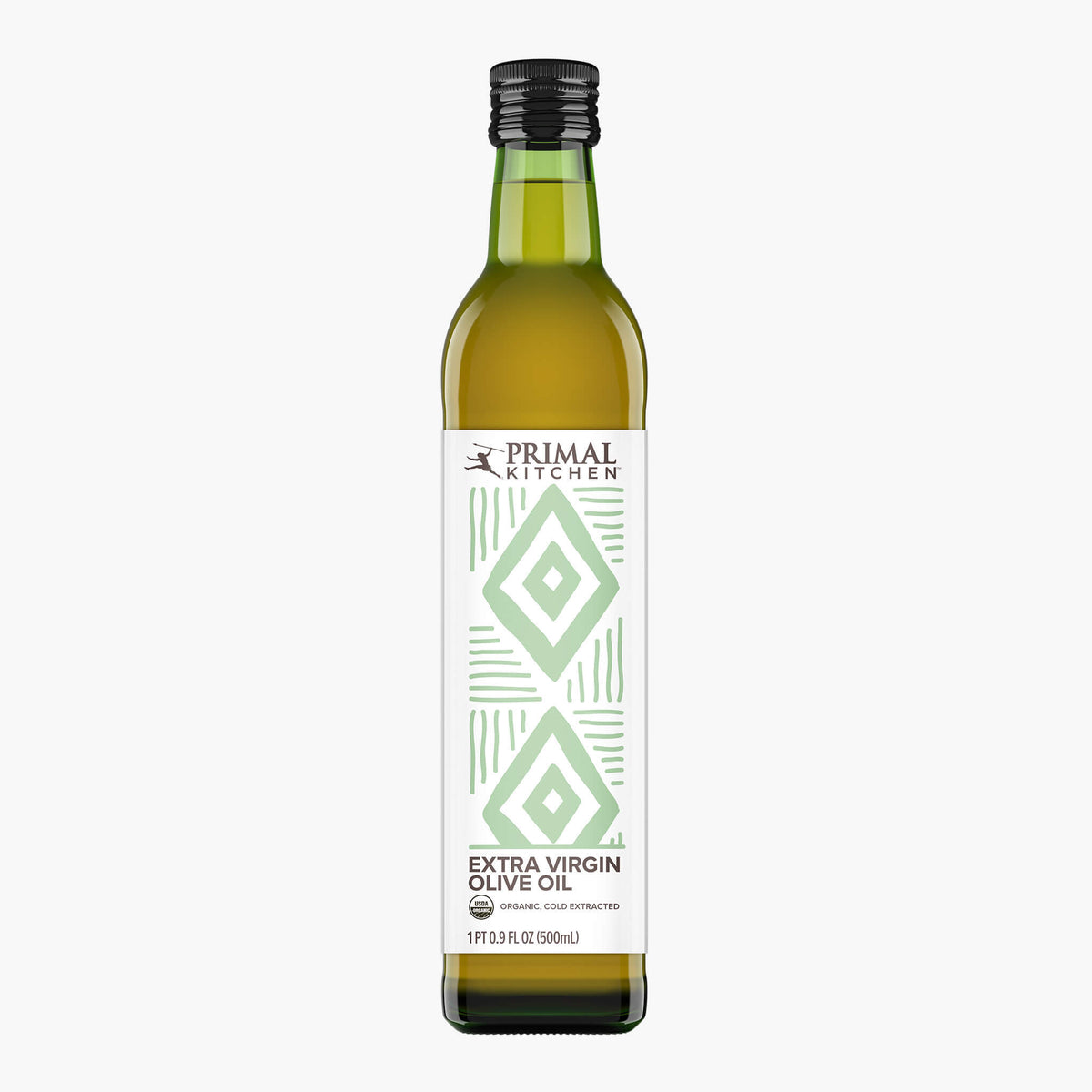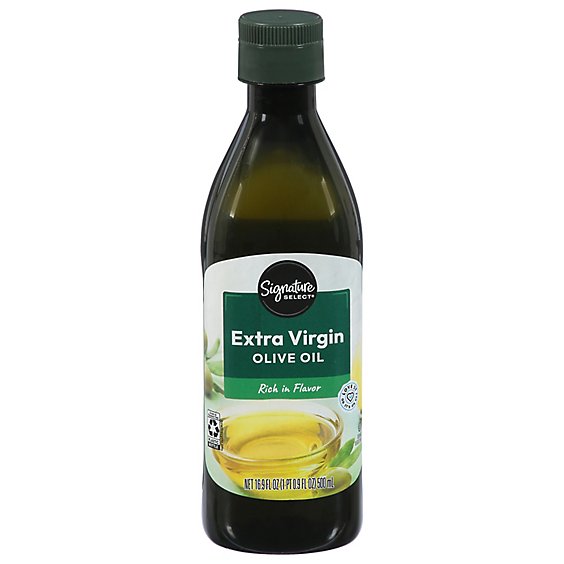Extra Virgin Olive Oil Benefits: How It Helps to Regulate Blood Sugar
Extra Virgin Olive Oil Benefits: How It Helps to Regulate Blood Sugar
Blog Article
Checking Out the Different Sorts Of Olive Oil and Their Uses, Including Bonus Virgin Olive Oil
The expedition of olive oil encompasses a diverse array of types, each offering culinary applications and unique tastes. Extra virgin olive oil, renowned for its exceptional top quality and health benefits, serves as a staple in lots of cooking areas, yet it is only one aspect of this complex ingredient.
What Is Olive Oil?
Originated from the fruit of the olive tree, olive oil is a staple in Mediterranean cuisine and a vital ingredient in various culinary applications. This flexible oil is produced by pressing whole olives, leading to a fluid that differs in shade, fragrance, and taste depending on the type of olives utilized, the region of growing, and the removal procedure. Olive oil is mostly made up of monounsaturated fats, specifically oleic acid, which is recognized for its potential health benefits, including anti-inflammatory residential or commercial properties and cardiovascular support.
Along with its culinary uses, olive oil has a long background of application in traditional medication and skin care, owing to its abundant antioxidant material (extra virgin olive oil benefits). The oil is typically used in dressings, sauces, and for cooking approaches such as sautéing and roasting. Its unique flavor profile can enhance the preference of numerous recipes, making it a crucial active ingredient for both home chefs and specialist chefs
Additionally, olive oil is celebrated for its role in the Mediterranean diet regimen, which is connected with many health and wellness benefits. As awareness of these benefits expands, olive oil continues to gain appeal worldwide as a basic element of a healthy lifestyle.
Kinds Of Olive Oil
Comprehending the various kinds of olive oil is vital for both health-conscious customers and culinary lovers. Olive oil is classified largely based on its removal technique and quality, which dramatically impacts its aroma, wellness, and flavor advantages.

Light olive oil, regardless of its name, describes a lighter flavor and not lower calories. It is excellent for those looking for a much more subtle preference in marinates and dressings. Furthermore, there are flavored olive oils instilled with herbs, spices, or citrus, which can boost meals without the need for added spices.
Each type of olive oil offers particular culinary objectives, and comprehending these differences permits consumers to make enlightened options that align with their food preparation styles and health goals.
Additional Virgin Olive Oil
Additional virgin olive oil (EVOO) is commonly considered the best quality olive oil available, popular for its rich taste and various wellness benefits. To be identified as additional virgin, the oil has to be created from fresh olives making use of mechanical processes, without the usage of solvents or extreme warmth. This precise approach preserves the oil's all-natural flavors, view antioxidants, and healthy and balanced fats, resulting in an item with a low acidity degree of less than 0.8%.
EVOO is plentiful in monounsaturated fats, specifically oleic acid, which is linked to minimized swelling and improved heart health and wellness. It additionally includes polyphenols, effective anti-oxidants that may provide safety effects against persistent conditions. The flavor profile of EVOO can differ dramatically depending on the olive range and area of manufacturing, varying from grassy and fruity to durable and sharp.

Culinary Uses of Olive Oil

In cooking, olive oil can be used for sautéing, roasting, and grilling, providing a much healthier choice to butter or various other fats. Its high smoke factor makes it appropriate for different cooking methods, while its antioxidants add to a heart-healthy diet regimen. Showering olive oil over completed meals, such as pasta, fish, or grilled vegetables, can boost tastes and add a touch of beauty.
Moreover, olive oil plays a significant duty in cooking, where it can replace traditional fats in dishes for bread and breads, giving dampness and a refined taste. It also offers as a base for instilled oils, enabling chefs to trying out tastes such as garlic, herbs, or chili, better increasing its culinary potential. On the whole, olive oil's adaptability makes it important in both home and professional cooking areas.
Deciding On Quality Olive Oil
When picking high quality olive oil, it's important to take into consideration a number of key variables that influence the item's health, fragrance, and flavor benefits. Decide for extra virgin olive oil (EVOO), which is obtained from the initial cool pushing of olives and includes the highest possible levels of antioxidants and helpful compounds. web link Search for oils that are licensed by recognized organizations, as this commonly ensures adherence to strict top quality criteria.
The packaging likewise plays a considerable duty in preserving the oil's integrity. Select oils kept in dark glass containers or tins to protect against light deterioration. Pay interest to the harvest day; fresher oils supply superior flavor and nutritional value, so choose items that are within 18 months of their harvest.
Be conscious of the taste; a good top quality olive oil need to have an equilibrium of fruity, bitter, and peppery notes, indicating its splendor and intricacy. By examining these elements, you can ensure you are choosing the ideal olive oil for your cooking useful source needs.
Verdict
In summary, the exploration of numerous kinds of olive oil exposes unique qualities and applications, with extra virgin olive oil standing for the pinnacle of quality as a result of its reduced acidity and high antioxidant web content. Its adaptability in culinary usages improves flavors in dressings, sauces, and sprinkles. Understanding the various ranges of olive oil permits educated choices in food preparation techniques, promoting much healthier practices while improving the general gastronomic experience. Quality option stays essential for optimum benefits.
Acquired from the fruit of the olive tree, olive oil is a staple in Mediterranean cuisine and a crucial ingredient in different cooking applications.The most common types of olive oil consist of improved olive oil, pure olive oil, and light olive oil.Extra virgin olive oil (EVOO) is commonly regarded as the greatest high quality olive oil readily available, renowned for its rich taste and countless health benefits. Choose for added virgin olive oil (EVOO), which is derived from the first chilly pushing of olives and has the highest levels of anti-oxidants and valuable compounds.In summary, the exploration of different types of olive oil exposes distinctive features and applications, with extra virgin olive oil representing the pinnacle of high quality due to its low acidity and high antioxidant material.
Report this page